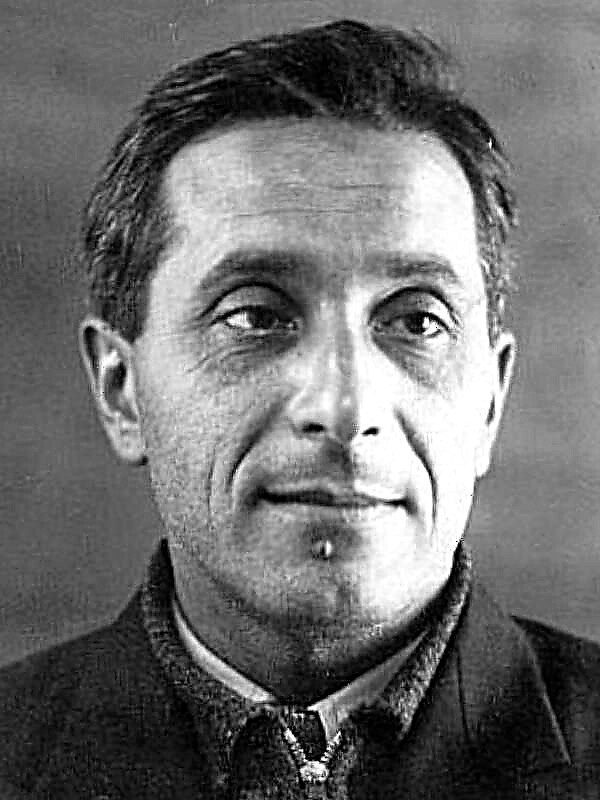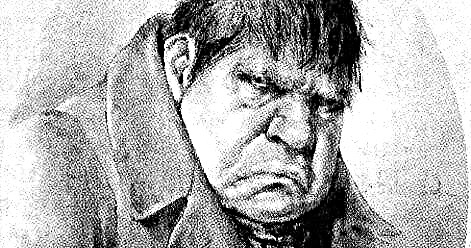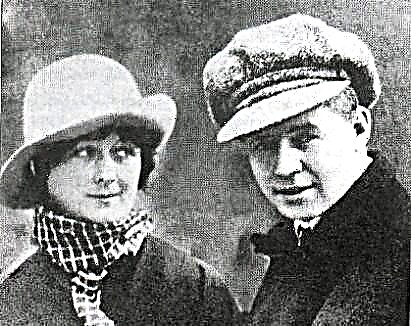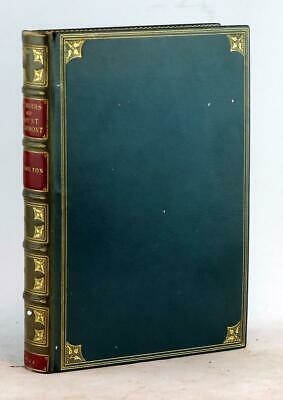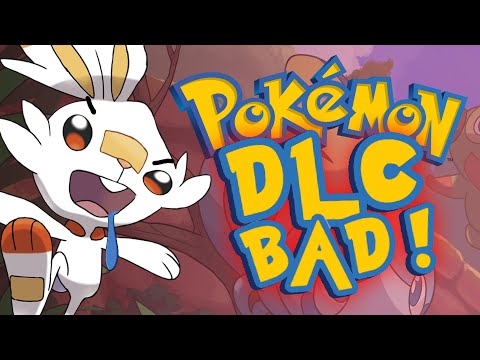The events of the novel begin with seeing off Anton Ehrenstein, a baron by birth, invited as a doctor to the Grand Duke John III. But how did the son of a nobleman become a doctor in the 15th century, when "the inquisition of these world pariahs fried by the thousands"?
Long before this day, in Rome, during the laying ceremony of St. Peter's Basilica, the German Baron undeservedly humiliated the doctor Antonio Fioraventi. Three years later, fate brought a talented doctor to the house of his abuser at an hour when the main person of the story, the son of the baron, did not succeed, although the deadline had already arrived, to be born. Obsessed with revenge, the Italian demanded that Baron Ehrenstein swear an oath to connect the fate of the first-born with the doctor’s humiliating craft. The medical genius Fioraventi was the last hope of the unfortunate husband, and the fear of losing his beautiful wife forced the baron to take an oath. A few minutes later, a son was born to Mrs. Ehrenstein, and without suspecting anything, she gave him the name Anton in gratitude to the doctor.
A year later, parents with tears gave their child Fioraventi. The arrogant baron of ambition completely abandoned his son - the boy was informed about the death of his father. Mother, on the contrary, devoted her whole life to a dear exile: after all, he expressed in all his actions exalted feelings and some kind of knightly courage. So, once in Prague, schoolchildren hunted down Jewish dogs. Seeing this, Anton rushed at the huge dogs, knocked them dead with a dagger, and beat the schoolchildren.
In the twenty-fifth year, young Ehrenstein completed a medical course at the University of Padua, the vengeance of Fioraventi was satisfied. Anton wandered through Italy, took anatomy lessons from Leonardo da Vinci. The portrait of our hero remained in the images of heavenly messengers on the canvases of the artist, who was shocked by the connection on the face of a young man of spiritual beauty with the outside. But in enlightened Italy, Anton saw "bonfires, a dagger and poison at every step, everywhere indignation, abuse of humanity, the triumph of stupid mob and depraved strength."
On the contrary, in the letters of Aristotle Fioraventi, the brother of his teacher, the famous architect, who was at the court of the Moscow prince, Russia was described, a wild, but reborn country. Perhaps Sophia Paleolog pointed out to her royal spouse the means to realize the ideas of the external greatness of the city, while in the head and heart of John III there were plans for the unification of Russian lands, and European masters went on a sting at the call of Moscow. And young Ehrenstein, learning about the architect’s request to find the prince a doctor, a hunter in a little-known country, decided to go to Muscovy with ardor.
At the entrance, the capital of the Grand Duchy presents to the doctor an ugly pile of houses in the bristles of the forest and meets a foreigner confined to his arrival by burning the agreed Lithuanians. Residents go wild at the sorcerer, and at first Anton, who came to put some mites in the treasury of sciences, has to remove the tip from the prince's parrot and make a buffoon show to the languages of the courtiers.
Moreover, the treacherous boyars Rusalka and Mamon advised the sovereign to put the latin man in the house of the governor of Simsk, nicknamed the Model. He hates the filthy Germans with all the strength of his harsh soul, he cannot forgive them for the death that overtook his beloved son in front of his father's eyes in the battle against the Livonians. The governor also has another son, Ivan Khabar-Simskoy, spending remarkable courage and life without a life, and the marvelous beautiful daughter Anastasia, whom the old man protects from an evil eye in a tower. The sample greets Aristotle Fio-raventi and his son Andryusha, baptized according to the Orthodox rite, the wanderer Athanasius Nikitin, and fenced off from the other person by a blank wall. But his daughter, once glancing from the window at the terrible Basurman, felt some pleasure in deceived fear, never before experienced.
Aristotle lovingly accepts his brother's named son. The dreamer himself, who decided to erect a gigantic-sized Mother of God Church on the edge of Europe, he for the time being for the Moscow prince pours guns and bells, burns a brick. The architect helps Anton not to lose heart among the baby nation. Every day, the healer Anton enters the mercy of the Grand Duke more and more.
On the Annunciation in the window in front of Ehrenstein flashed a wonderful outline of the face and fiery eyes of Anastasia. Since that time, in her name he praises nature, humanity, God.
John III focuses the forces of Russia. Tver separates it from the northern regions. By political cunning and military force, John is preparing to destroy this barrier. He suggests the army to be entrusted to the victor of Novgorod, Prince Kholmsky. But at night, Anton is saved from prison by the friend of the Model, namely Prince Kholmsky, who refused to go against his homeland. This incident violates the border in the house, which separated the Orthodox half from the Basurmans.
Khabar soon asks Anton to help his beloved, whom the rival tried to poison. The beautiful Gaida, the concubine of the weak and boastful Andrei Paleolog, was saved by the power of medical potions. For this, the brother of the Grand Duchess gives the healer a golden chain. Remembering his poor mother, Anton accepts the gift. But at the ensuing feast of the intoxicated Paleolog, the Russian land is defamed. Khabar slaps him; Anton throws the present back at the feet of the last Byzantine.
Upon learning of the incident, Ivan Vasilyevich orders the boyar Mamon to give Khabar one hundred rubles and bow three times at his feet. Mamon hates the Model and his household for the long-standing refusal to extradite Anastasia as his son. Having come to Khabar, the boyar, terrible in his revenge, gives the princely money and insults the enemy. Swag causes Mamon to fight to the death. John ordered the “field” not to be before the shelves return from Tver. Let's foresee the events: the battle, as God's judgment, will take place, Mamon will be defeated, but Khabar will not take the life of the enemy.
Anastasia is no longer defending herself from what she previously considered to be charm. With Andryusha she gives the sorcerer the most precious thing she has - a pectoral cross: if she wears it, she will be saved in the next world from tar burning. Anton is grateful for a precious gift, but, fearing to destroy the soul of his beloved with notoriety, he returns the vest with tenderness.
On the eve of the campaign, Ambassador Frederick III Nikolai Poppel, the adopted son of Baron Erenstein, arrives in Moscow. He brought his master’s offer to welcome Ivan III to the kings. But an equal does not favor. Knight Poppel has an order from his father: to assure the sovereign that Anton the healer appropriated the sovereignly noble nickname, so famous in Germany.
The day came to speak to Tver. Voivode Khabar leads a detachment of scouts. The guns are controlled by Aristotle. The storyteller Athanasius Nikitin is driven in chains - he, a Tver native, knows every bush there. And the court doctor was ordered to ride a horse and accompany the conqueror. In that campaign, he, together with Khabar, will succeed in distinguishing himself in the capture of the Tver prince. Their sortie will save the city from ruin - the brother-in-law of Ivan Vasilievich, the prince of Tver, will warm the city gates with peace, the German will return from the campaign in a Russian dress - he wants to earn the trust of the Russians.
The army returns to Moscow with victory. Anton rises to his half, hears a rustle outside the door. Anastasia! .. She herself came to him to beg to release her from the spell and be baptized. He swears that he is a Christian who worships magic with sin. After her departure, Anton reiterates a vow in his soul: not out of self-interest, but out of love, he should accept the Russian confession, and not renounce Christ, and then ask for the hands of the boyar’s daughter. But human rumor makes him rush. Anton goes on foot to the village to Athos Nikitin. The elder listens to the petition of the guest, declares his readiness to be a sorcerer and matchmaker, and honorably fulfills his mission: his father gives Anastasia to the German.
An hour later, the Anton healer sets off on the return trip. In a swampy coppice, he is saved from the robbers by the Jew Zacharias, whom he once helped to avoid death in Prague.
The next morning, heretics are punished. One incident overshadows the people of this spectacle: suddenly the horse of Tsarevich Karakachi discards the rider, the only son of Tsarevich Danyar. The Grand Duke orders his doctor to cure the son of his Tatar friend. Anton warrants, if he begins to heal and they will not interfere, the prince will be healthy. On the prejudices of Danyar, the sovereign demands a pledge from the doctor. The goal of wresting Russia from the hands of ignorance prevails, and an honest doctor takes an oath, but provided that all his requirements are respected exactly, and one of John’s trusted boyars will observe this in the absence of a doctor,
Karakach is quickly recovering. The capricious Tatar is already making demands to his doctor on Anastasia - he was promised to him first. After the argument, Anton sends the prince a new medicine. At night, the boyar Rusalka, who was observing the doctor’s instructions, replaces the bottle. The next morning, the old prince himself gives his son a drink, and after another quarter of an hour Karakach dies.
Anton is thrown into a prison hut. The Grand Duke of Moscow kept his word to Danyar: despite the entreaties of Anton’s friends, he gives the doctor to the Tatars to tear to pieces. For the bliss of the groom pays an innocent painful death. Anastasia, left without a narrower, does not stand up and puts her hands on herself.

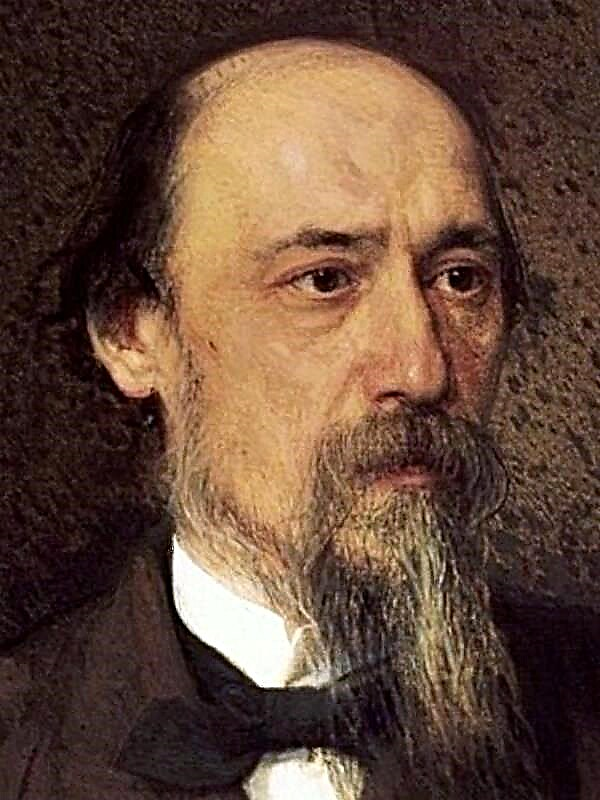

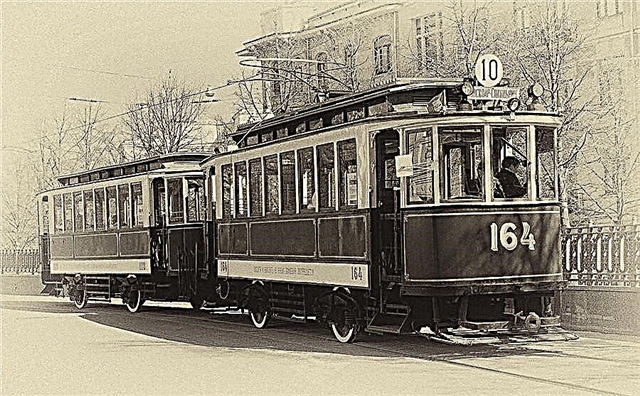
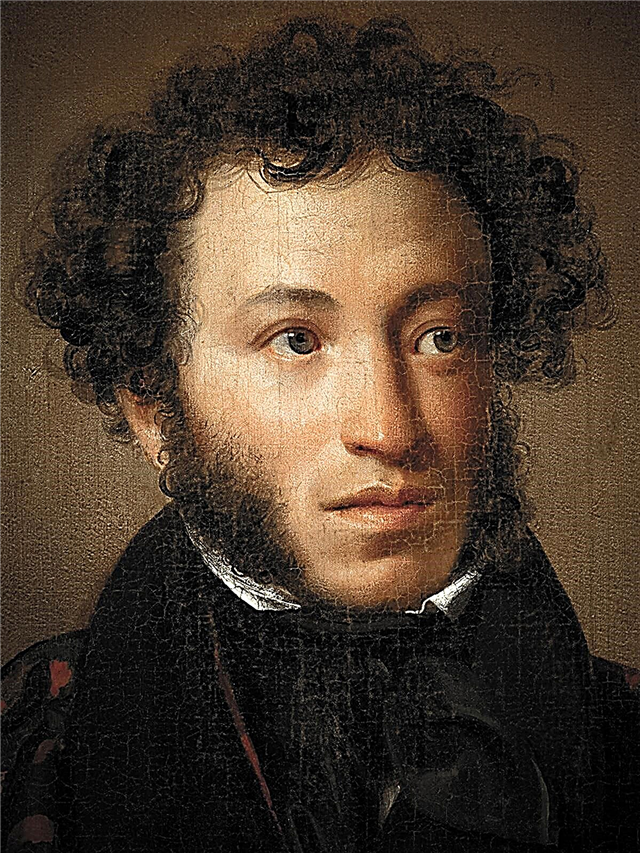
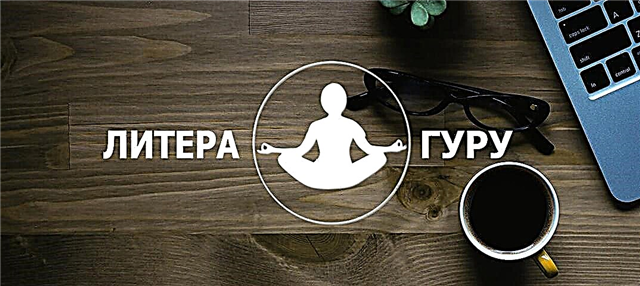
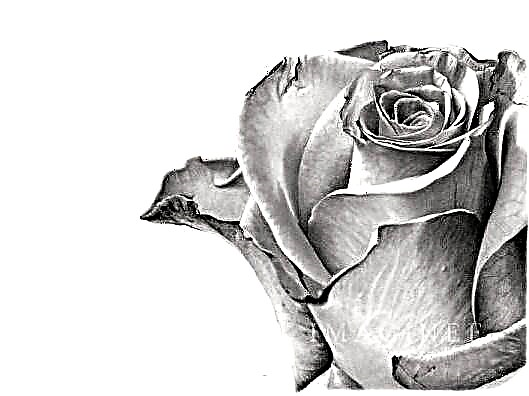
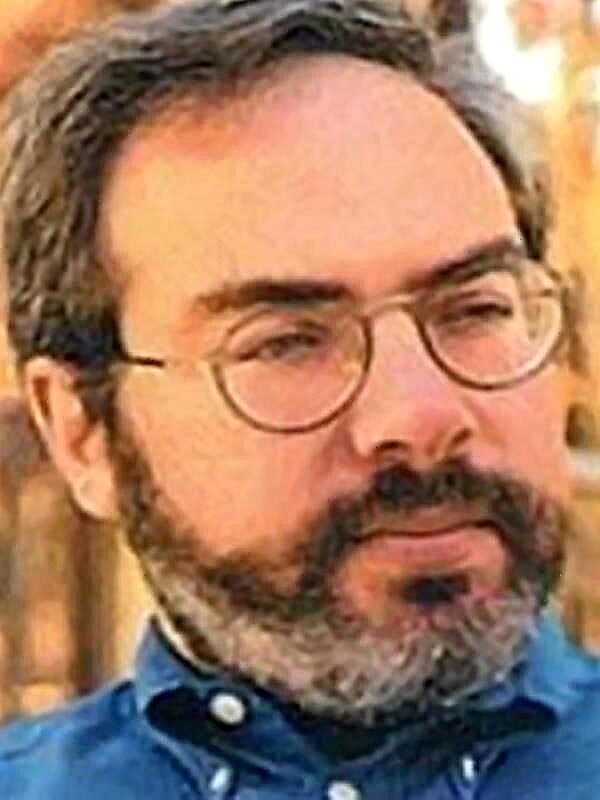 McKinsey Tools
McKinsey Tools